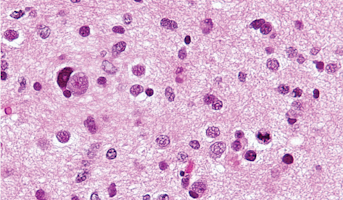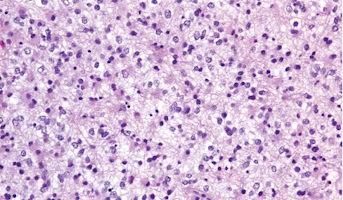Ian Pollack
Pittsburgh, PA USA
UPMC Children's Hospital of Pittsburgh

About
Chief of Pediatric Neurosurgery
UPMC Children's Hospital of Pittsburgh
Ian Pollack, MD, is chief of pediatric neurosurgery at UPMC Children’s Hospital of Pittsburgh, A. Leland Albright Professor of Neurosurgery at the University of Pittsburgh School of Medicine, and co-director of the Neurosurgical Oncology Program at the Hillman Cancer Institute.
Prior to joining the faculty of the Department of Neurological Surgery at the University of Pittsburgh in 1992, he was awarded the 1991 Van Wagenen Traveling Fellowship, which afforded him a year of subspecialty training in the Department of Neurosurgery at the Hospital for Sick Children in Toronto, the Neuro-Oncology Laboratory of the University of Lausanne in Switzerland, and the Laboratory of Tumor Biology of the University of Uppsala in Sweden.
Dr. Pollack graduated magna cum laude from Emory University in 1980, where he earned a BS degree in chemistry. He received his medical degree from the Johns Hopkins University School of Medicine in 1984, then completed a surgical internship and neurosurgical residency at the University of Pittsburgh School of Medicine. He also was a research fellow in neuropathology and neurobiology during some of that time.
Dr. Pollack has published more than 350 papers in refereed journals, numerous book chapters and invited papers, and has edited two books on childhood brain tumors. He is co-editor of the book Principles and Practice of Pediatric Neurosurgery—currently in its third edition—and an accompanying atlas Operative Techniques In Pediatric Neurosurgery.
He is currently a principal investigator on NIH grants focusing on novel therapies for brain tumors and evaluating molecular markers of tumor prognosis.
Dr. Pollack was named vice chairman of academic affairs for the department in July of 2008 and Distinguished Professor of Neurosurgery at the University of Pittsburgh in 2015. He also chaired the Children’s Oncology Group CNS Tumor Committee from 1999-2009, and co-chaired the National Cancer Institute Brain Malignancy Steering Committee between 2010 and 2017.

UPMC Children's Hospital of Pittsburgh
scientific
Projects

Specimen
Ongoing
Elucidating the Somatic Epigenetic Landscape of Pediatric Meningioma and Schwannoma
Pediatric tumors have unique properties compared to adult tumors, requiring different treatment strategies for the same tumor type. Using samples provided by the Children’s Brain Tumor Network, researchers will carry out comprehensive comparisons of pediatric meningioma and schwannoma to map these critical areas to develop novel treatments.
Meningioma, Schwannoma

Sameer Agnihotri

Data
Ongoing
Landscape of Tumor-infiltrating T cell Repertoire of Pediatric Brain Tumors
Understanding the incidence and classification of T cell receptors of pediatric brain tumors is necessary to develop new therapies. Using data from the Pediatric Brain Tumor Atlas, researchers seek to better understand the tumor cellular immune system.
All Brain Tumor Types

Gary Kohanbash

Specimen
Ongoing
Integrated Genomic Analysis to Elucidate the Role of PIKC3A and 10q LOH as Unique Drivers and Cooperating Events in Pediatric High-grade Gliomas
We have previously reported a high frequency of AKT activation, a downstream target of PTEN, in pediatric high-grade gliomas (pHGGs), as assessed by immunohistochemistry (IHC), and demonstrated that this was associated with an adverse prognosis. Compared to adult high-grade gliomas, pHGGs show a low
HGG

Ian Pollack
research
Interests

High-Grade Glioma
High-grade Gliomas (HGG) or astrocytomas in children nearly always result in a dismal prognosis. Although novel therapeutic approaches are currently in development, preclinical testing has been limited, due to a lack of pediatric-specific HGG preclinical models. These models are needed to help test

Low-Grade Glioma
Low-Grade Gliomas also called astrocytomas are the most common cancer of the central nervous system in children. They represent a heterogeneous group of tumors that can be discovered anywhere within the brain or spinal cord. Although surgical resection may be curative, up to 20% of children still su